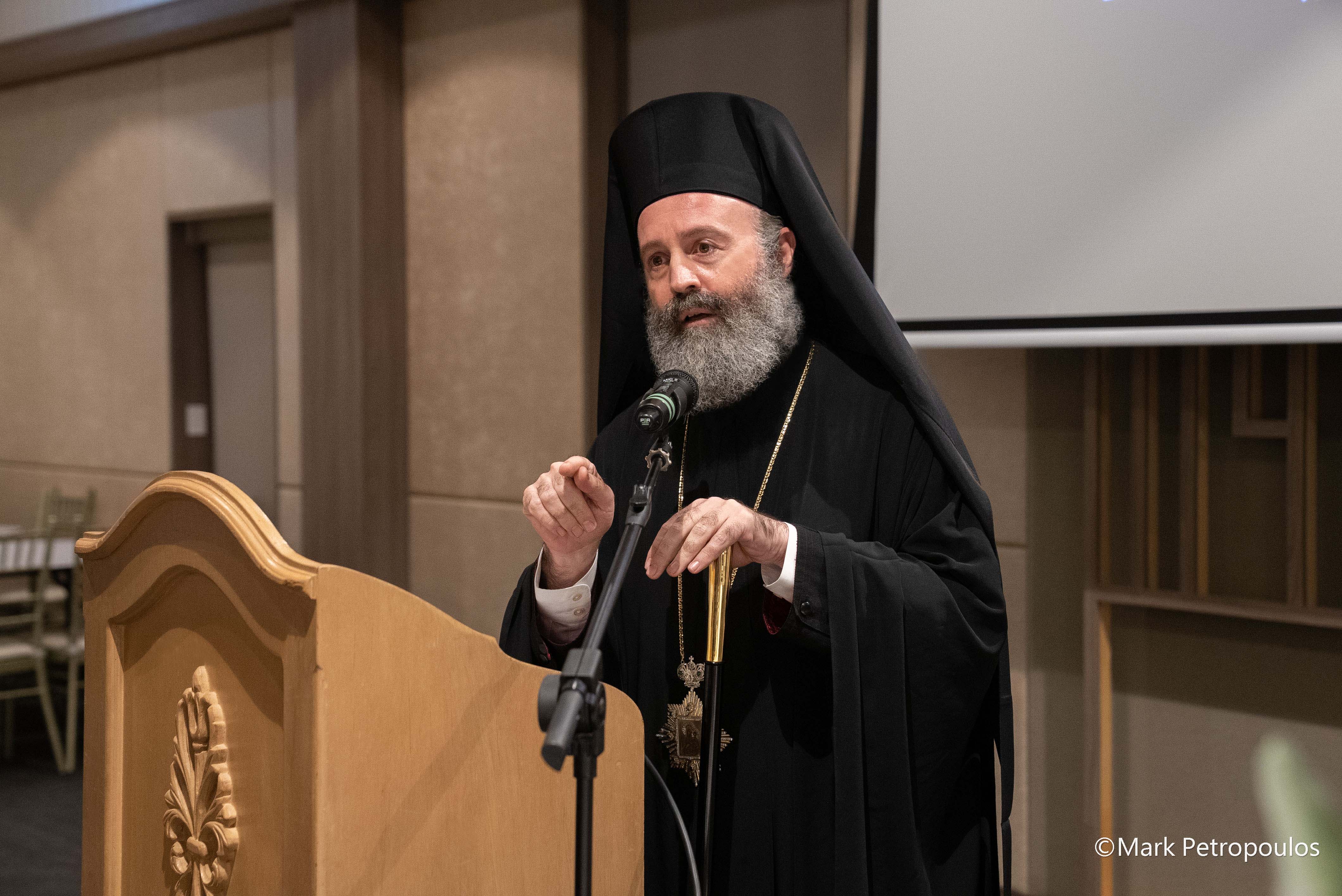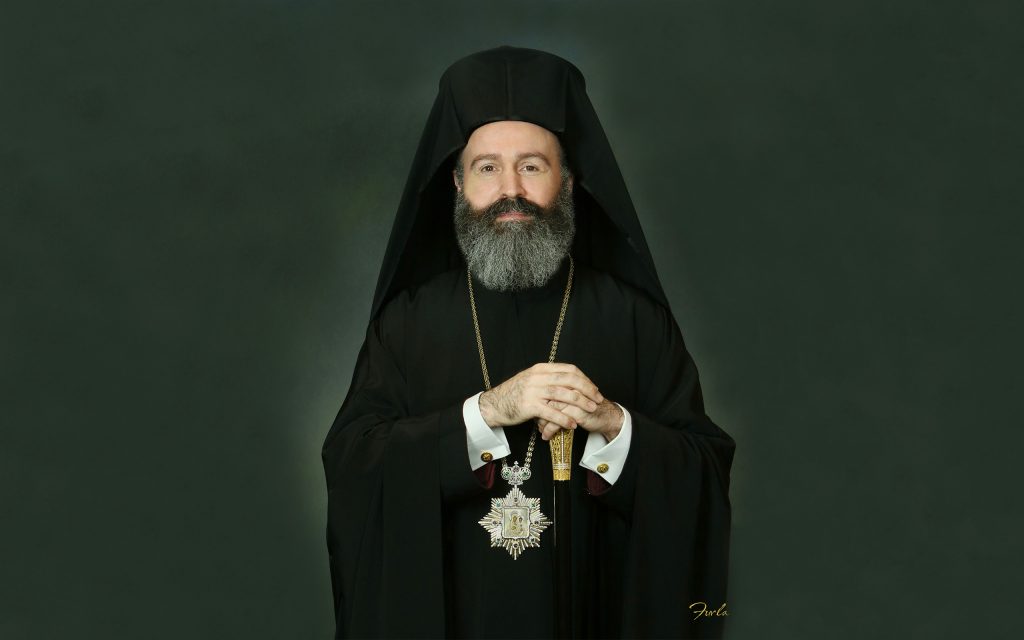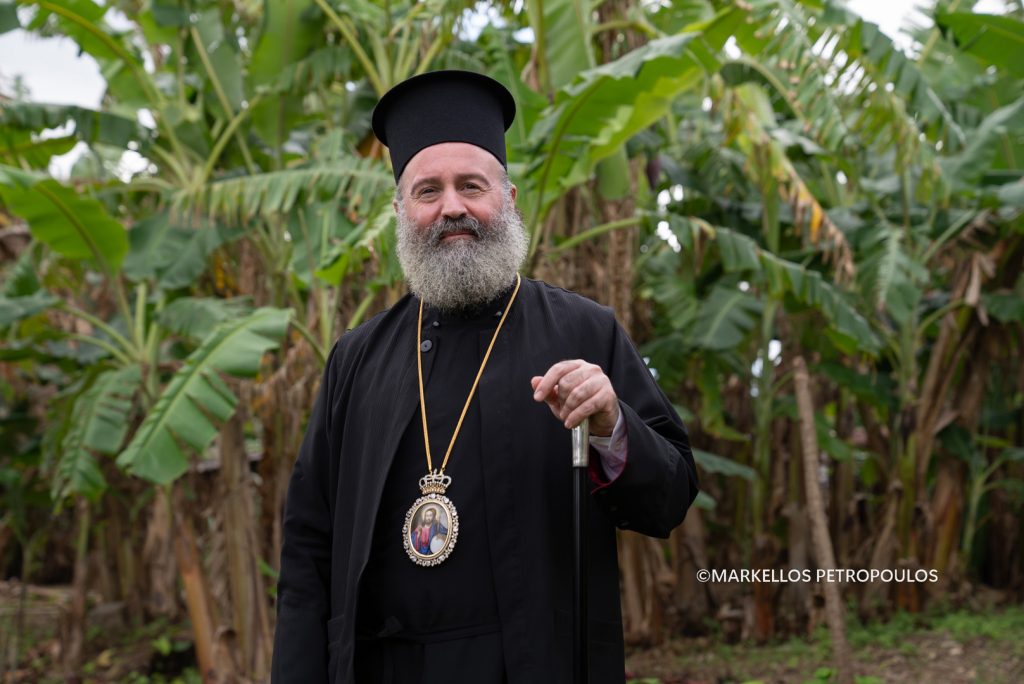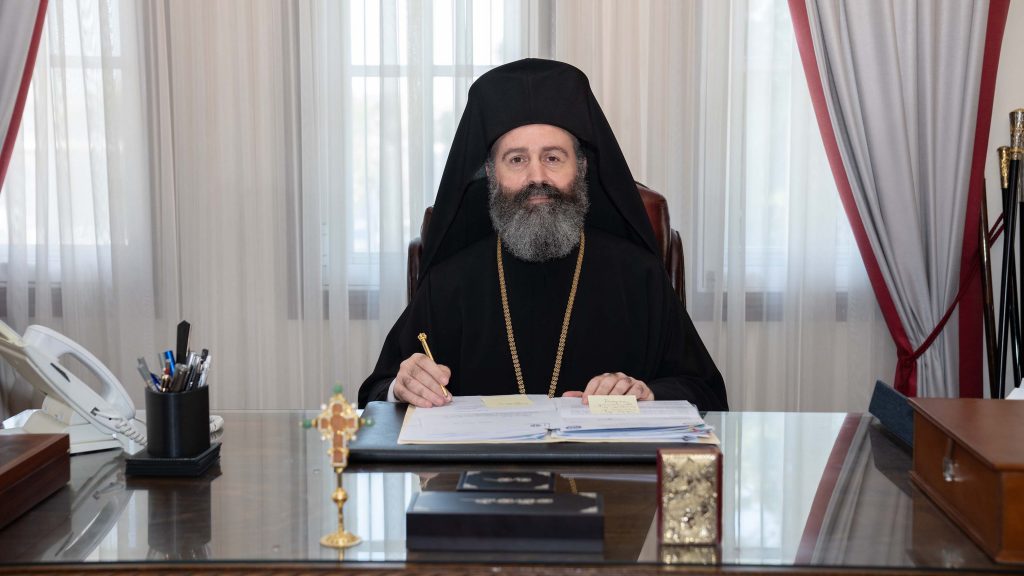
Therefore, we perceive as a sacred duty the preservation and dissemination of the Greek language in the Antipodes, so that the younger generations of our Greek Community on the one hand preserve their Greek Orthodox identity, and on the other hand further expand their cognitive and spiritual horizons; to become partakers of a “treasure” that has enriched thought, literature, science and world culture over the many centuries.
The above is underlined by His Eminence Archbishop Makarios of Australia in his message for 9 February, the International Greek Language Day.
Please read the full message of the the Archbishop below:
“Is there anything else on my mind except freedom and language?”
A comprehensive phrase spoken by our national poet Dionysios Solomos, which reflects his dual concern for the freedom of the Nation and for the Greek language. If we consider that these words were written in the year 1824, when the struggle for independence had developed, we understand how much value Dionysios Solomos attached to language, essentially equating it with the much-desired freedom.
Not by chance, therefore, today, the Day of Remembrance for our national poet, has also been established as the International Greek Language Day. As we pay tribute to the “Poet of Freedom”, who departed this life 167 years ago, we are also called to recognise the fundamental role that the Greek language has played, both in the historical course of Hellenism and Orthodoxy, and in the course of the entirety of humanity.
As Greeks and Orthodox Christians from the fifth continent, living in a multicultural country, which is thousands of kilometres away from the land of our ancestors – the cradle of the Greek language – we can perhaps more easily respond to this triple challenge. In other words, we can more easily recognise that the Greek language constitutes a primary element of the national consciousness of the Greeks; we can more easily recognise its significant role in the spreading of Christian teaching and the truths of the Holy Gospel; we can more easily distinguish its strong influence on languages of other peoples, in their way of communication and expression, but also in their way of thinking.
Therefore, we perceive as a sacred duty the preservation and dissemination of the Greek language in the Antipodes, so that the younger generations of our Greek Community on the one hand preserve their Greek Orthodox identity, and on the other hand further expand their cognitive and spiritual horizons; to become partakers of a “treasure” that has enriched thought, literature, science and world culture over the many centuries.
May God bless all those who faithfully serve this sacred duty with great dedication, from the administrators, teachers and volunteers who serve in our educational institutions to the parents, the grandparents who, with unparalleled zeal, keep the Greek language alive in their family homes, in every corner of Australia.


